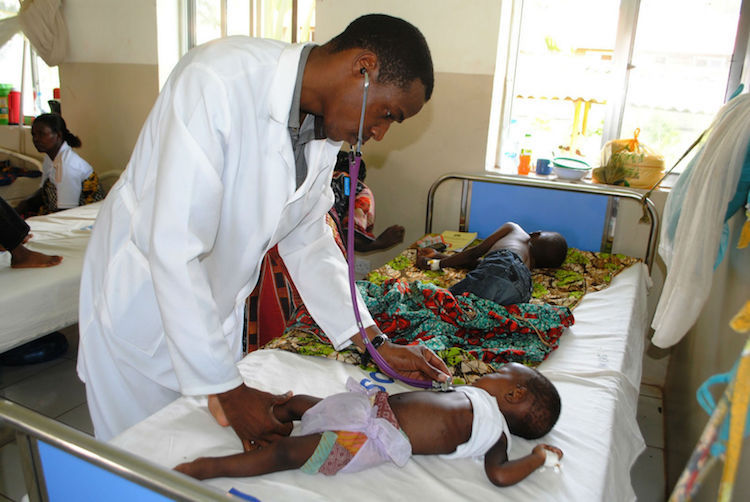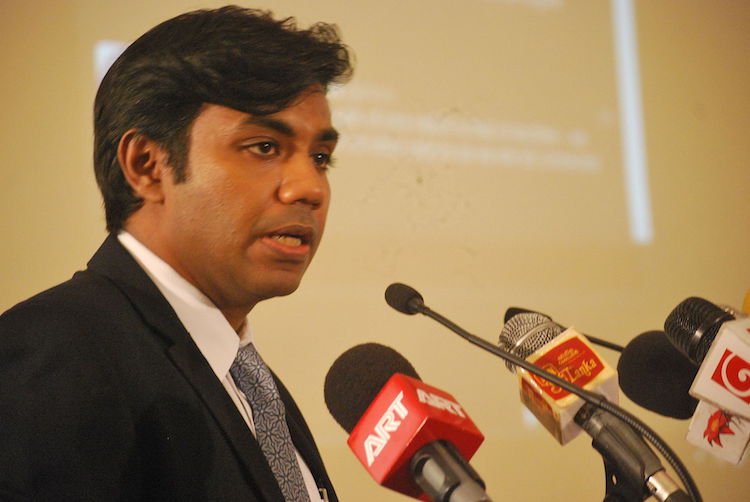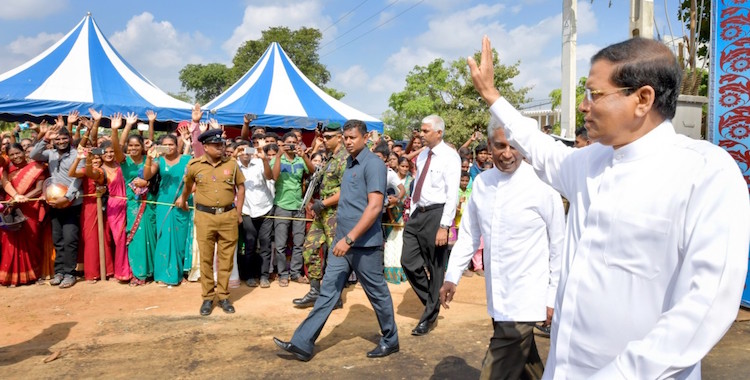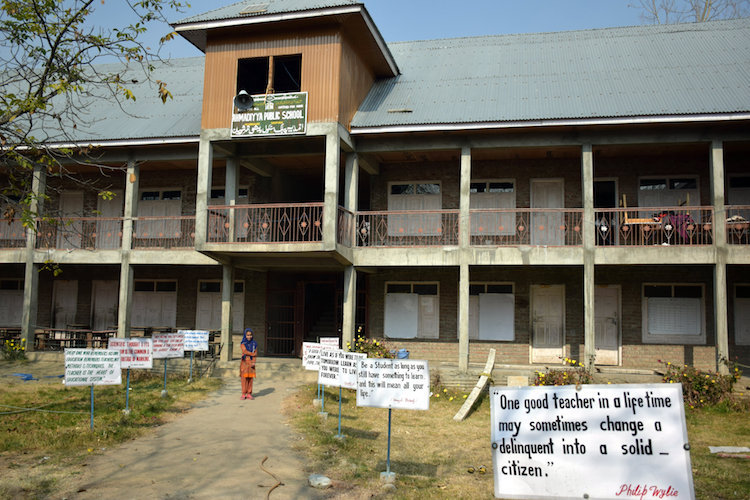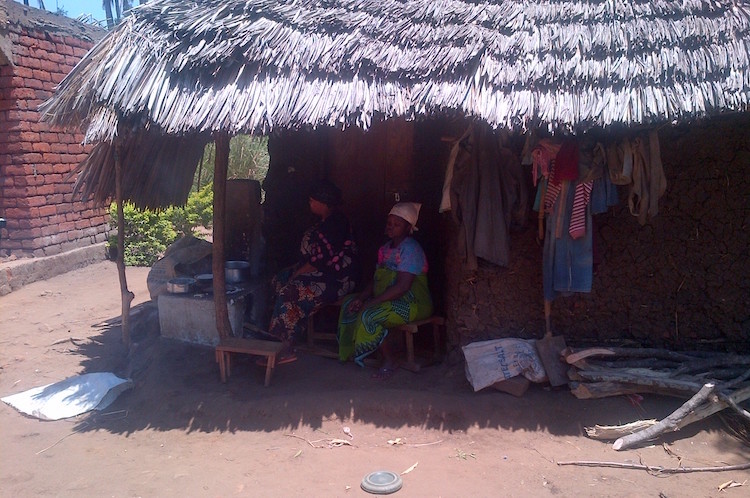By Kizito Makoye Shigela
DAR ES SALAAM (IDN) – The ringing of the bell marks the end of lessons at Hekima Primary School, and for 10-year-old Leila Kitwana and her classmates it signals time to tend the school’s vegetable gardens where students take turns to water vertical gardens through a drip irrigation system using rainwater stored in giant tanks.
“We grow different types of vegetables, they are an important part of our meal,” says Kitwana.
Until recently, most students at this school in the impoverished Tandale area of Kinonodoni district in Dar es Salaam Region had spent more time looking for water than attending lessons. “We had a borehole but the water there was too salty to drink,” explains Kitwana. “We only used it for cleaning toilets.”


